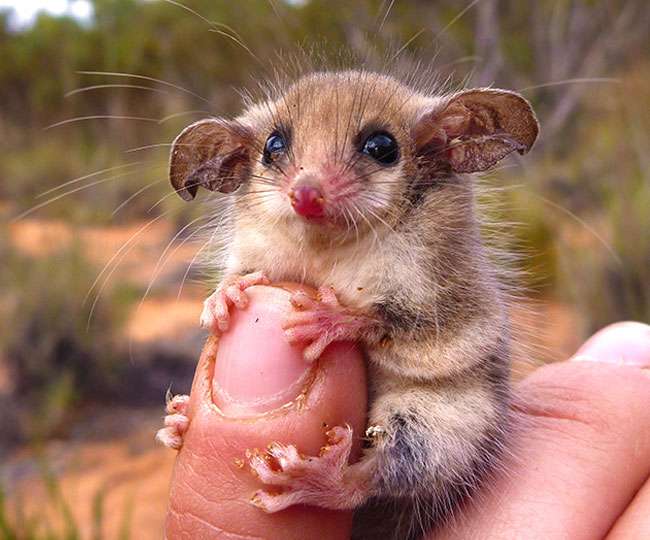
Sydney, AFP. Climate change is also impacting the endangered pygmy Possum found in Australia. The population of these small mammal fauna found on the Alpine hills is continuously decreasing. Researchers predict that pygmies can be protected from extinction by bringing them from the mountains to cold lowland areas.
The pygmy Marsupius family is a small mammalian organism, which looks like mice. The creature weighs between 5 and 12 cm and weighs between 10 and 50 grams. They are considered proletarians. They usually depend on fruits and seeds. Their species is found in Australia as well as New Papua Guinea and Indonesia.
According to an estimate, although these small mammals live in understory areas, about 2500 pygmies still live in the forests. Due to the changing weather, their species are now in danger. They prefer to live in icy areas. Pygmies live by burrowing within the rocks. It is considered the best and safest place to rest during winters and snow, as the effect of outside temperature is less within the rocks and the pygmies sleep throughout the winter.
Hayley Bates, associate professor at the University of New South Wales (UNSW), said, ‘Pygmies found in Australia require temperatures that are slightly higher than the freezing cold to go into hibernation. But the climate cycle has deteriorated due to climate change. Now snow does not fall in many areas, even if it falls, it melts quickly. The winds are either too hot or too cold. ‘
He said that the cold winds in Australia have affected them the most, as the winds also enter their bills and many times these organisms die in their sleep as the temperature drops. Bates said, “They can wake up from hibernation and die if the temperature within the bill is below 0.6 degrees Celsius. If the weather remains bad for two consecutive winters, there is an increased chance that their entire population may be endangered. ‘
Can be saved from extinction
To save their population, UASW scientists prepared an artificial bill in the Terai areas where these organisms could live. For this, he formed a colony of 25 pygmies and studied them for two years. During this time, the researchers found that if proper arrangements are made for their living even in lowland areas, then they can be saved from extinction.











